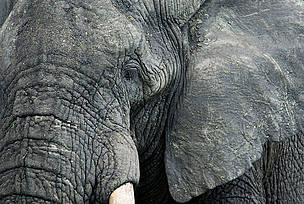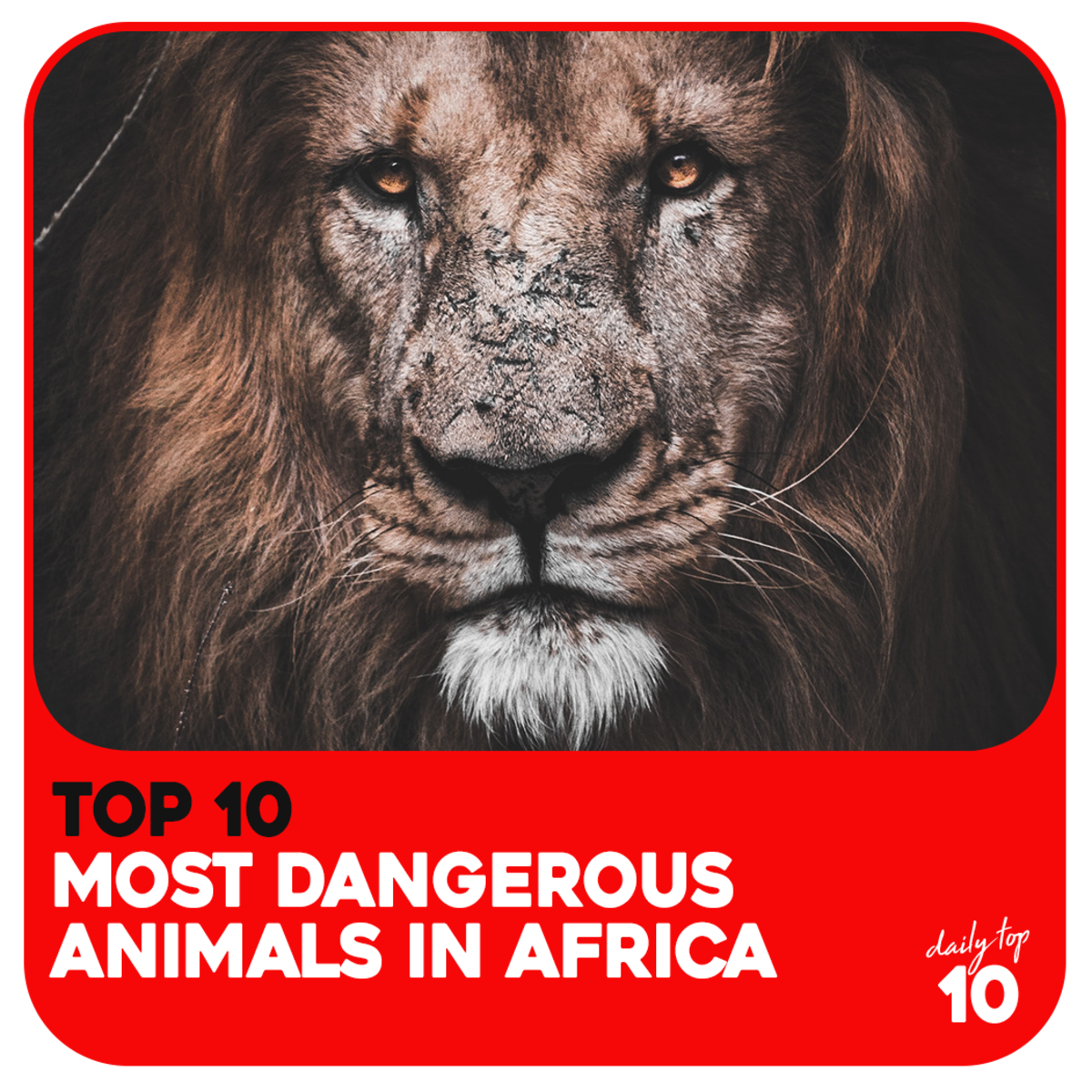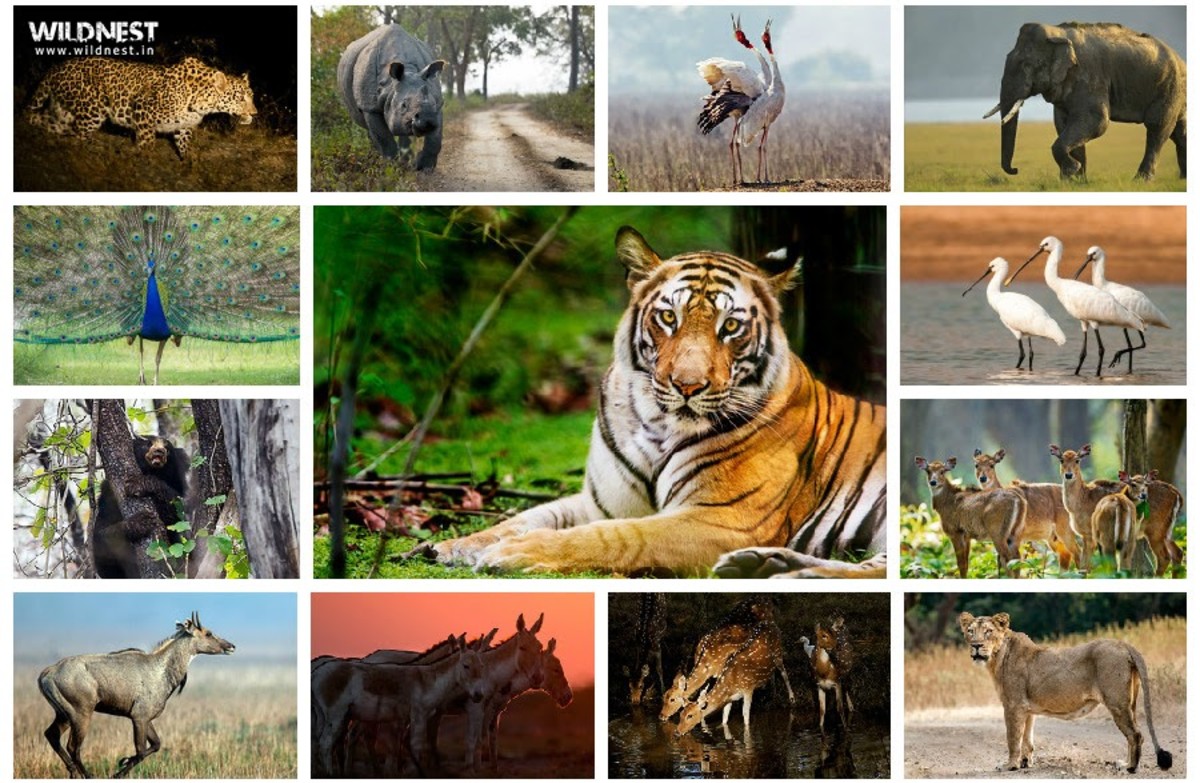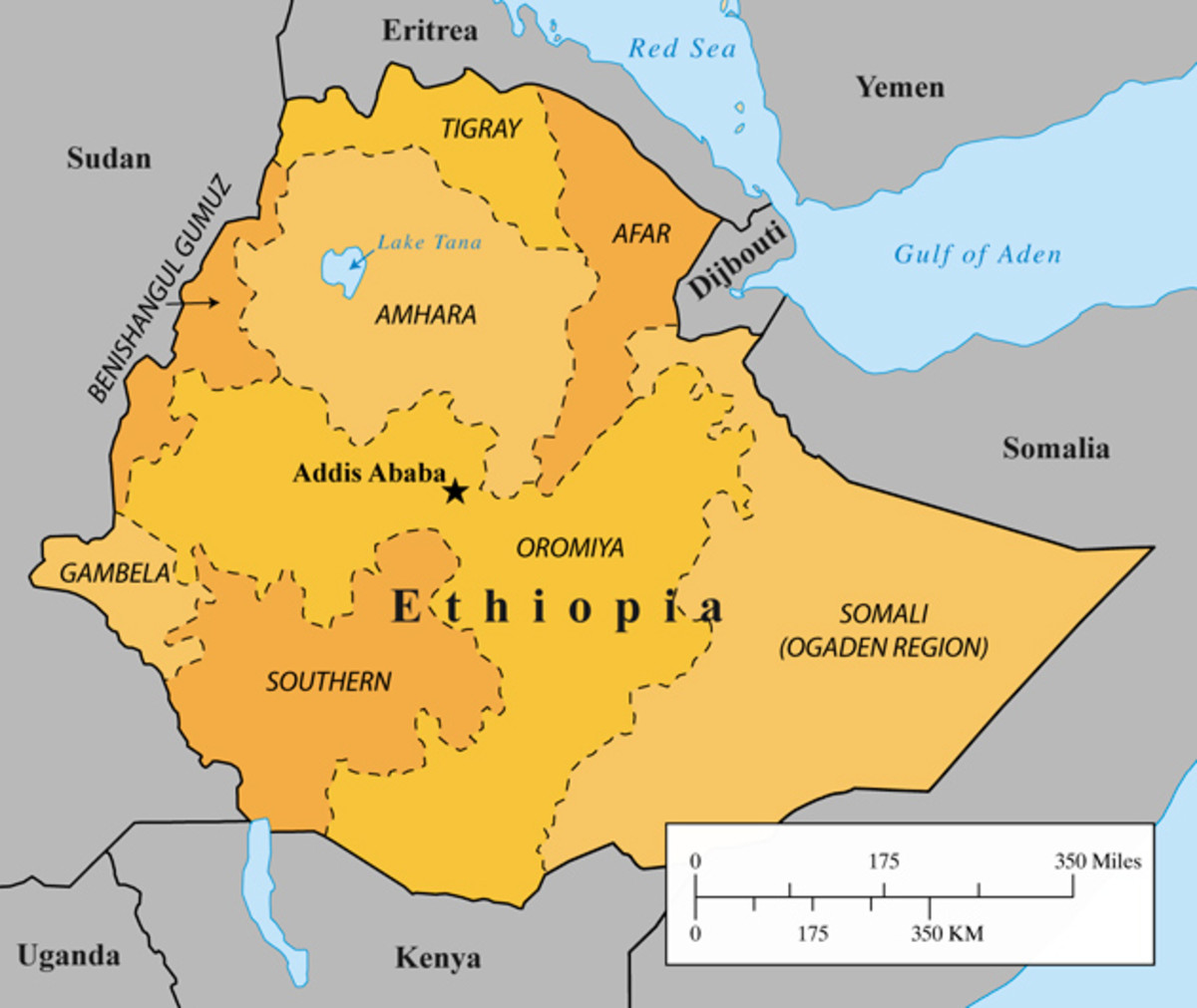The History of the Illegal Ivory Trade and How It's Still an Ongoing Issue

The State of African Elephants Today
The impact of the illegal ivory trade dates back to the late 1970s when there was a sizeable amount of elephants being killed for their tusks. Poaching from 1979-1987 left only 600,000 African Elephants in the population down from 1.3 million. This means almost 100,00 elephants were killed each year in the 1980s.
The ban on the ivory trade was implemented in 1989 by CITES, Convention on International Trade in Endangered Species of Wild Fauna and Flora. After its recognition worldwide in 1990, many of the major ivory markets were eliminated and the amount of elephants being killed for their tusks greatly declined in Africa in certain regions.
Despite this 60% decline of African Elephants, Poaching is now again on the rise.
This is due to there still being a demand for ivory around the world, most prominently in China and other Asian countries. According to a study by the University of Washington, the population of this species has not sufficiently recovered from the 1970s and 1980s poaching that removed 700,000 elephants from its population. African Elephants are now classified as Vulnerable by the International Union for Conservation of Nature(IUCN), an internationally recognized listing of conservation status.
In 2011, 25,000 elephants were killed illegally, a troubling total. In December 2012, disturbing details emerged about 9 slaughtered in Kenya for their tusks with gruesome photos to accompany them. In January 2013, 12 more were poached in the same area. A spokesman for the Kenya Wildlife Service (KWS), the government-run wildlife protection service, stated how this was an unusual large amount for one incident.
It was revealed through a study conducted by the World Wildlife Fund (WWF), the Wildlife Conservation Society (WCS) and the government of the mid-African country Gabon that Poachers have killed more than 11,000 elephants in their Minkebe National Park Rainforest from 2004 to February 2012.

Illegal Poaching
This is still a debated issue in Africa. Since elephant populations are actually on the rise in some South African countries many believe there, that if controlled, ivory trade could be economically beneficial to the country since there is still demand for it in others. However, corruption, lack of enforcement and lack of manpower make it difficult to control.
In truth, populations are only on the rise in certain regions but in great decline in others. The classification of Vulnerable means that this species is likely to become endangered unless the circumstances threatening its survival and reproduction improve. Unfortunately, this information is also used to misdirect the issue and make it seem that this issue is not as extensive as it really is.
Many conservation organizations believe that making ivory illegal in other countries will assist in stopping illegal poaching in Africa. In Thailand, for example, selling ivory is legal, but a loophole has been found for poachers to launder the illegally obtained ivory through these Thai stores. By doing this they still render a profit. Petitions, such as Help Ban the Thai Ivory Trade created by the WWF, hopes to obtain enough signatures to close that loophole and finally end the slaughtering to prevent the African Elephants from becoming Endangered or even Extinct in the near future.
Legislation to Ban Illegal Ivory
In 2014, historic legislation passed in New York to ban the sale, trade and import of Ivory. The New York Governor stated, “With the passage of this bill, New York State has taken another step forward in the fight against the illegal ivory trade. We will not allow this dangerous and cruel industry to thrive in our State, and this bill ensures that by restricting the market for illegal ivory and adding tougher penalties for those who support it. I am proud that New York is taking this stand, and I urge government and community leaders across the globe to do the same.” I hope others states and regions will follow the lead made by New York State. This is truly an exciting time for those fighting to end this cruel practice.
In 2016, there was another huge victory for Elephants: Hong Kong banned illegal Ivory sale. The US has also recently given a large amount of funding and resources to assist Africa in the fight against poachers and their illegal practices.
In England, the Ivory Act passed in December 2018 and became law though this in the art and antique business were not supportive of this act. They were fighting to keep the loophole exceptions in place which allowed them to sell art objects that are made of Ivory.
In 2008, eBay announced it was introducing a global ban on the sale of ivory starting on January 1, 2009. This was a great success for the online sales issue related to illegal ivory but criminals are finding ways to curtail these rules. More than 10 years later, in 2021, they are using code words to disguise ivory as something else on the online seller, sometimes selling them with descriptions such as ivory in color, according to the Durrell Institute of Conservation and Ecology at the University of Kent.
There have been many successes but there is still much to do. If you're interested in learning more, information can be found at the link below.
For more information, visit: Threats to African Elephants- World Wildlife Foundation (WWF)
© 2013 Catherine Stolfi








